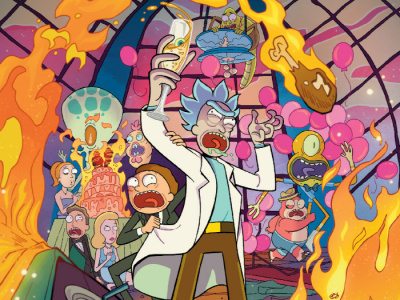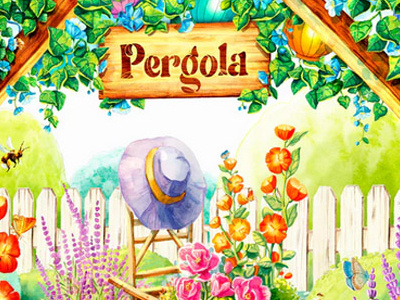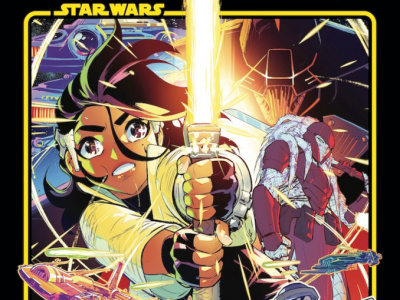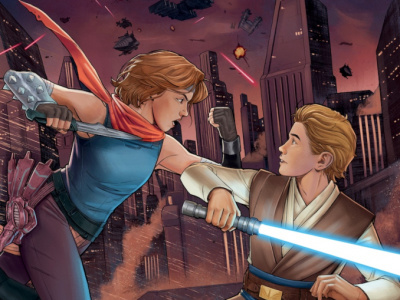
As part of its 50th Anniversary celebration next year Marvel Comics will begin publishing its first line of original graphic novels. These Marvel Season One hardcover graphic novels will feature young modern comic creators penning stories that will serve as introductions to the classic Marvel characters, but which won’t be just a retelling of the origins of Marvel heroes with updated touches like cellphones. As Marvel’s Tom Brevoort explained to USA Today, “These are individually new stories, even though they’ve got bits and pieces of the old formative stuff in and around them, as well.”
Marvel’s Season One, which launches with four titles, is not an overhaul like the Marvel’s Ultimate Universe or the beginning of an entirely new universe either (like DC’s “New 52”). As Brevoort declared the Marvel characters and their continuity will remain essentially the same, “everything that’s existed for the last 50 years, still exists and is still there.” But the Season One stories will function as an introduction to the Marvel universe because they will focus on stories that define the characters and their relationships with each other focusing on early career events of the Marvel heroes with the benefit of fifty years of perspective.
The first wave of Marvel Season One titles will launch in early 2012 with four titles including Fantastic Four: Season One by Roberto Aguirre-Sarcasa (The Stand, Spider-Man: Turn Off the Dark, Glee) and David Marquez (Secret Warriors), which is due out in February; X-Men: Season One by Dennis Hopeless (Legion of Monsters) and Jamie McKelvie (Phonogram), which goes on sale in March; Daredevil: Season One by Anthony Johnston (Daredevil) and Wellinton Alves (Nova), which is coming out in April; and Spider-Man: Season One by Cullen Bunn (Fear Itself: The Deep, Six Gun) and Neil Edwards (Fantastic Four), which will be published in May.
Brevoort told USA Today that the Season One graphic novels will serve as a great introduction to the Marvel characters: “If you want to dip your toe in the water and find out what Marvel is all about, here is a nice place for you to start, in big sizable, meaty chunks.” But Marvel is also hoping that fans who have read a lot of Fantastic Four or Daredevil “will find these stories interesting and illuminating.”
While this dual focus could potentially expand the audience for Season One, it could also lead to creations that are neither “fish nor fowl” with too much continuity for casual readers and weird anachronisms like cellphones in stories that are referring to supposedly nearly simultaneous events that happened to Marvel characters in the 1960s and 1970s that will put off long time readers. It’s a delicate balancing act for a very talented group writers and artists. It should be interesting to see what they come up with—and Marvel definitely has faith in the project—the publisher has already commissioned a second wave of Season One titles that will debut next year and filter some additional Marvel characters through modern sensibilities.







